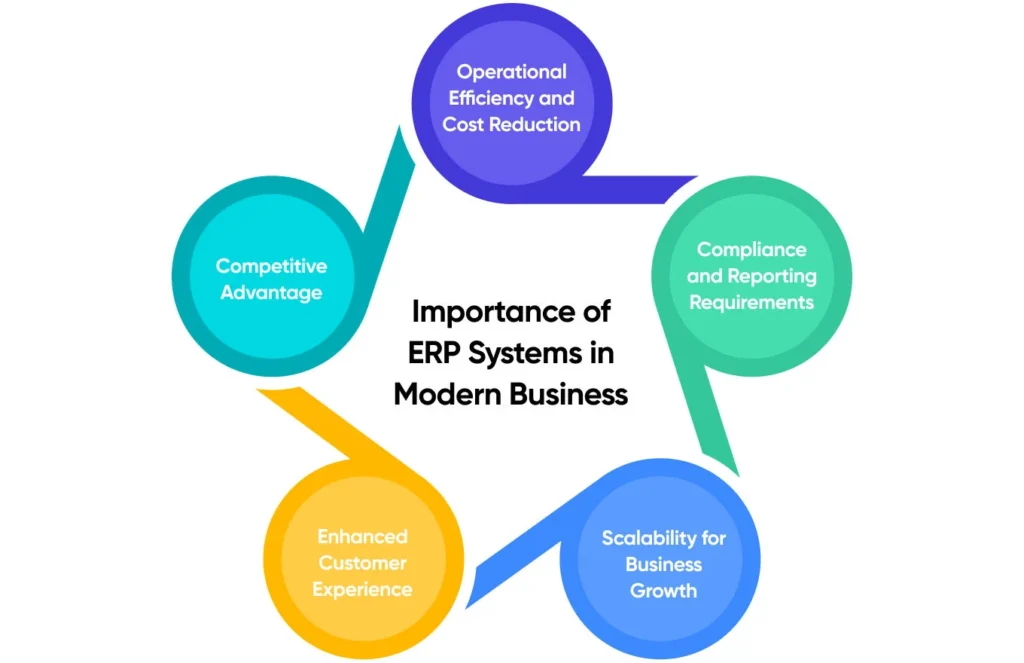In today’s rapidly changing business landscape, sustainability has become a key focus for organizations worldwide. Companies are increasingly recognizing the importance of integrating environmental, social, and governance (ESG) considerations into their operations. Enterprise Resource Planning (ERP) systems, with their ability to streamline processes and optimize resource utilization, play a crucial role in driving sustainability initiatives. This article explores how ERP systems can drive sustainability in business operations.
- Resource Optimization: ERP systems enable organizations to optimize resource utilization by providing real-time insights into inventory levels, production processes, and supply chain operations. By efficiently managing resources such as raw materials, energy, and water, businesses can minimize waste and reduce their environmental footprint.
- Supply Chain Transparency: Transparency in the supply chain is essential for sustainability efforts. ERP systems facilitate end-to-end visibility across the supply chain, allowing companies to track the origin of raw materials, monitor supplier practices, and ensure compliance with environmental regulations. This transparency helps identify areas for improvement and promotes responsible sourcing practices.
- Energy Efficiency: Energy consumption is a significant contributor to environmental impact. ERP systems can help businesses monitor and manage energy usage by integrating with smart metering systems and IoT devices. By analyzing energy data in real-time, organizations can identify opportunities to optimize energy efficiency, reduce costs, and minimize carbon emissions.
- Waste Management: Effective waste management is critical for sustainable operations. ERP systems enable businesses to track waste generation throughout the production process, from procurement to disposal. By implementing waste tracking and reporting functionalities, companies can identify inefficiencies, implement recycling programs, and minimize landfill waste.
- Compliance and Reporting: Compliance with environmental regulations and reporting on sustainability performance are essential for demonstrating corporate responsibility. ERP systems streamline compliance management by automating data collection, monitoring, and reporting processes. By generating accurate and timely sustainability reports, organizations can enhance transparency, build trust with stakeholders, and meet regulatory requirements.
Conclusion: ERP systems are powerful tools for driving sustainability in business operations. By optimizing resource utilization, enhancing supply chain transparency, improving energy efficiency, managing waste effectively, and ensuring compliance with environmental regulations, ERP systems enable organizations to integrate sustainability principles into their day-to-day operations. As businesses continue to prioritize sustainability, leveraging ERP systems becomes increasingly essential for achieving long-term success and contributing to a more sustainable future.
About Your Websites: Discover how ERP systems can drive sustainability initiatives and optimize business operations by visiting iskycreative.com and isky.ae. Our tailored ERP solutions are designed to help organizations align their business processes with sustainability goals and enhance their environmental performance.
